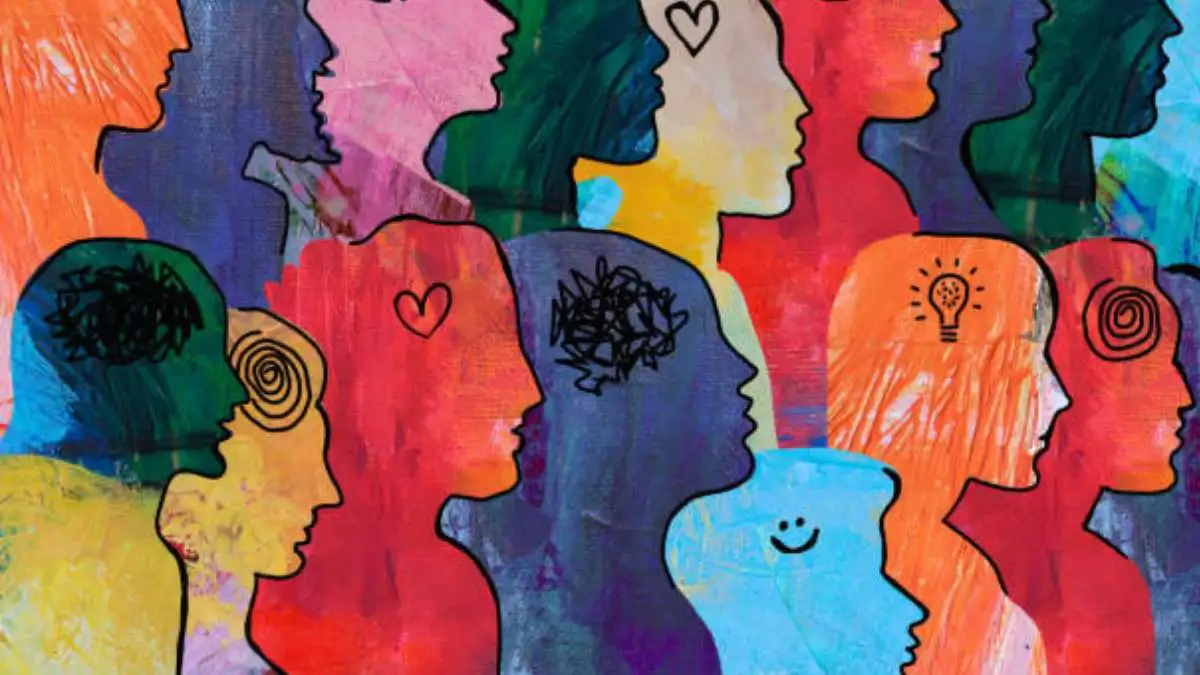HEALTH AND FITNESS
The Relationship Between Physical Health and Mental Health

In today’s fast-paced world, the connection between physical health and mental health is more evident than ever. While we often focus on physical well-being through exercise and diet, mental health issues are equally significant and intertwined with our overall health. Understanding this relationship is crucial for maintaining a balanced and healthy lifestyle.
Table of Contents
The Interdependence of Physical and Mental Health
Physical health and mental health are deeply interconnected. Regular physical activity is not just about building muscles or losing weight; it plays a vital role in maintaining mental well-being. Exercise releases endorphins, often referred to as “feel-good” hormones, which help reduce stress and anxiety. Conversely, poor mental health can negatively impact physical health. For instance, chronic stress can lead to high blood pressure, heart disease, and other serious health conditions.
The Impact of Physical Activity on Mental Health
Engaging in regular physical activity can significantly improve mental health. Studies have shown that exercise can reduce symptoms of depression and anxiety. Activities such as walking, swimming, or yoga not only enhance physical fitness but also promote mental clarity and emotional stability. Exercise serves as a natural and effective remedy for combating mental health issues, providing an outlet for releasing tension and improving mood.
Nutrition’s Role in Mental Health
Nutrition plays a pivotal role in both physical and mental health. A balanced diet rich in fruits, vegetables, lean proteins, and whole grains can enhance brain function and emotional well-being. Certain nutrients, such as omega-3 fatty acids, vitamins B and D, and antioxidants, are particularly beneficial for mental health. On the other hand, a diet high in processed foods, sugars, and unhealthy fats can exacerbate mental health issues, leading to mood swings, fatigue, and cognitive decline.
Sleep and Its Connection to Mental Health
Sleep is another critical factor linking physical and mental health. Quality sleep is essential for the body to repair and rejuvenate, and it is equally important for mental health. Insufficient sleep can lead to irritability, stress, and a weakened immune system, making individuals more susceptible to mental health issues. Establishing a regular sleep routine and creating a restful environment can significantly improve both physical and mental well-being.
The Role of Social Connections
Social connections and relationships are fundamental to mental health. Engaging in physical activities with friends or family can enhance social bonds and provide emotional support. Social interactions can help reduce feelings of loneliness and depression, contributing to overall mental health. Conversely, isolation and lack of social support can have detrimental effects on both physical and mental health.
Stress Management Techniques
Effective stress management is crucial for maintaining a balance between physical and mental health. Techniques such as mindfulness, meditation, deep breathing exercises, and physical activities like yoga can help manage stress levels. These practices promote relaxation, enhance self-awareness, and reduce the negative impact of stress on the body and mind.
The Importance of Regular Health Check-Ups
Regular health check-ups are vital for early detection and management of both physical and mental health conditions. Monitoring physical health indicators such as blood pressure, cholesterol levels, and weight can provide insights into overall health. Additionally, discussing mental health with healthcare professionals can lead to early intervention and appropriate treatment, preventing the escalation of mental health issues.
Creating a Holistic Health Plan
A holistic approach to health involves integrating physical and mental health strategies into daily life. This includes regular physical activity, a balanced diet, quality sleep, social interactions, and stress management. Setting realistic goals and maintaining consistency in these areas can lead to a healthier and more fulfilling life.
Breaking the Stigma Around Mental Health
One of the significant barriers to addressing mental health issues is the stigma associated with them. It is essential to recognize that mental health is as important as physical health and to seek help when needed. Open conversations about mental health can break down barriers, encouraging individuals to seek support and treatment.
Conclusion
The relationship between physical health and mental health is undeniable and complex. By understanding and nurturing this connection, individuals can achieve a more balanced and healthy lifestyle. Regular physical activity, proper nutrition, quality sleep, strong social connections, effective stress management, and regular health check-ups are all integral components of maintaining both physical and mental health. Embracing a holistic approach to health and breaking the stigma around mental health issues can lead to a more resilient and vibrant life.
-

 GENERAL6 months ago
GENERAL6 months agoChristofle – For Those Who Dream of Family Heirloom Silver
-

 SPORTS8 months ago
SPORTS8 months agoDiscover the World of Football with Streameast: Watch Your Favorite Leagues and Tournaments
-

 GENERAL4 months ago
GENERAL4 months agoUncovering the World of кинокрадко: The Dark Side of Film Piracy
-

 GENERAL2 months ago
GENERAL2 months agoATFBooru: Anime, Gaming, and Subculture Imageboard

























